Question And Answer
Publications
Articles, publications, books, tools and multimedia features from the U.S. Institute of Peace provide the latest news, analysis, research findings, practitioner guides and reports, all related to the conflict zones and issues that are at the center of the Institute’s work to prevent and reduce violent conflict.
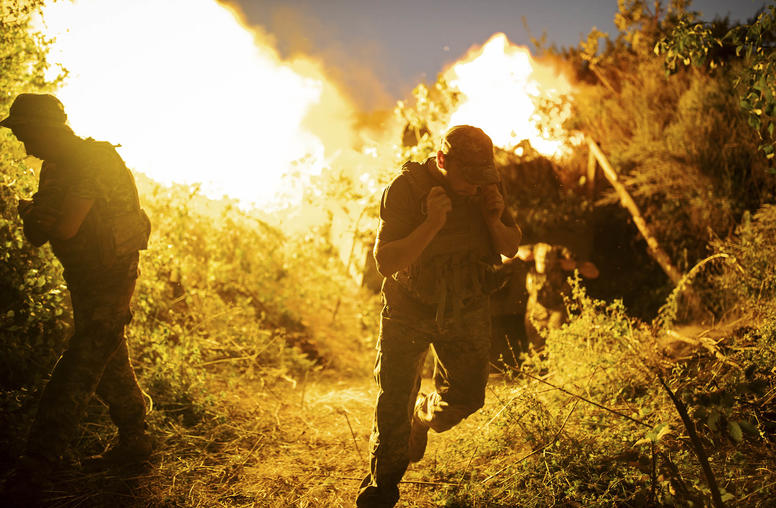
Ukraine: The Next 10 Months Can Shape Hopes for Peace
As Russia’s invasion of Ukraine moves toward its second full winter, observers note that typically heavy rains and then cold may enforce a season of slower fighting. But the war’s most meaningful “next season” may well be not the winter but the nine to 10 months until next summer. Three factors critical to Ukraine’s defense and Europe’s security will evolve by the summer in ways that could open a path toward a just and lasting peace — or could leave the region facing indefinite warfare and threat.
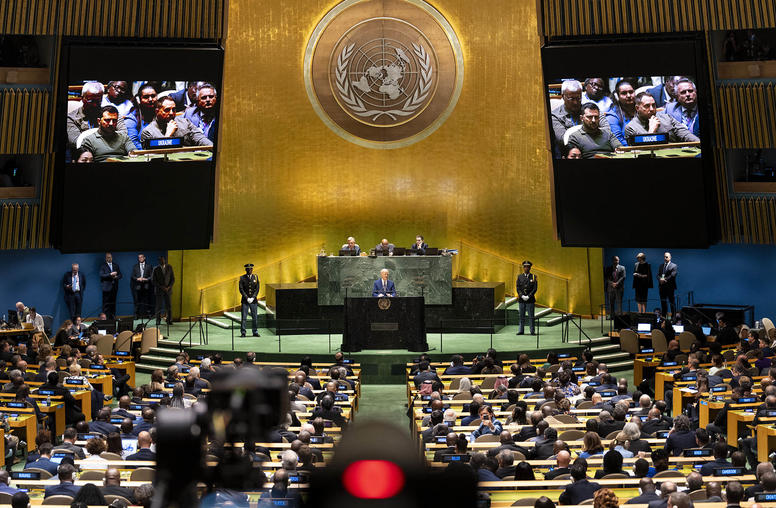
Amid Alarming Rise in Conflict, Multilateralism is the Only Answer
At the opening of the 2023 session of the United Nations General Assembly (UNGA), Secretary-General António Guterres highlighted for world leaders the preamble of the organization’s Charter, which says that the “people of the United Nations” are “determined to save succeeding generations from the scourge of war.” Yet, he explained that “instead of ending the scourge of war, we are seeing a surge of conflicts, coups and chaos.” Indeed, in 2022, there were 55 state-based and 82 non-state conflicts raging around the world, and the period from 2017 to 2021 saw the highest death tolls from non-state actors in armed conflict since 1989.

Gordon Peake on the Second U.S.-Pacific Islands Summit
U.S. engagement with the Pacific Islands is “still in the honeymoon phase,” says USIP’s Gordon Peake. But as President Biden hosts the second U.S.-Pacific Islands Summit, there are a number of thorny issues that Pacific Island leaders are “hoping to get practical assistance from the United States” to address.
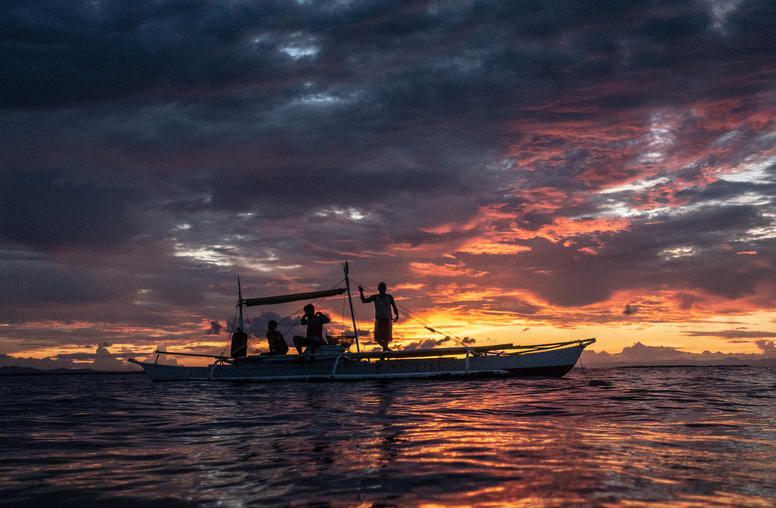
For the Philippines, Maritime Security Goes Beyond U.S.-China Rivalry
Maritime security is a critical issue for Southeast Asia and the geopolitical underpinnings of this topic cannot be underestimated. This is especially the case for small powers as they navigate a maritime domain that is caught in the middle of — and driven by — great power politics. While maritime security in Southeast Asia is often the stage on which the U.S.-China competition plays out, this extends beyond the competing claims of regional states in the South China Sea, with important environmental and resource issues also at stake. Within this context, the Philippines is in a unique position for three reasons.
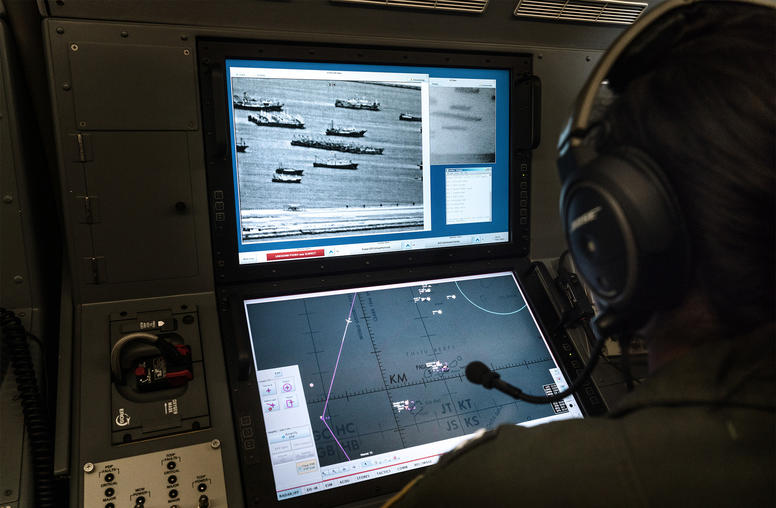
How to Help ASEAN Address South China Sea ‘Gray-zone’ Challenges
In early August, a Chinese coast guard vessel fired a water cannon at a Philippine supply boat, in what was yet another example of Beijing’s so-called “gray-zone” tactics in the South China Sea. These gray zone activities are a form of slow intensity conflict that China has increasingly employed over the last year to assert its territorial claims in the South China Sea.
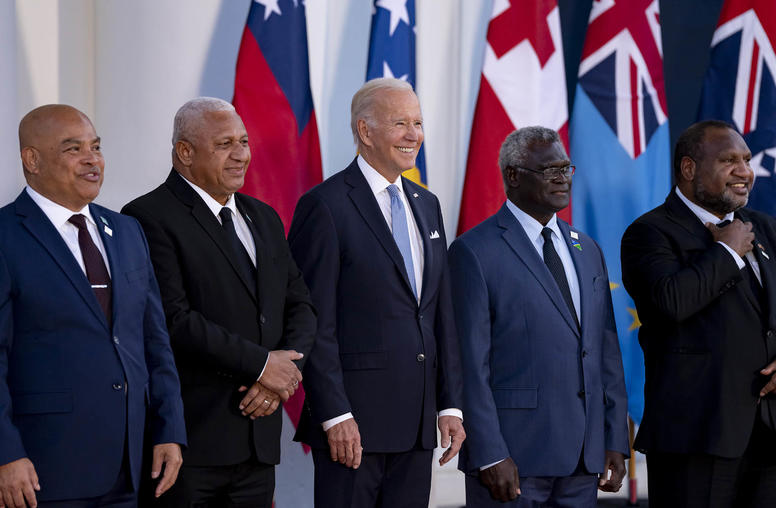
U.S.-Pacific Islands Summit: Getting Beyond the Honeymoon Phase
President Joe Biden will host Pacific Island leaders for a summit at the White House starting next Monday, marking one year since the first-ever such summit in September 2022. These high-level meetings signify the increasing level of attention that the U.S. government is paying to the region as its concerns about China’s activities there grow.
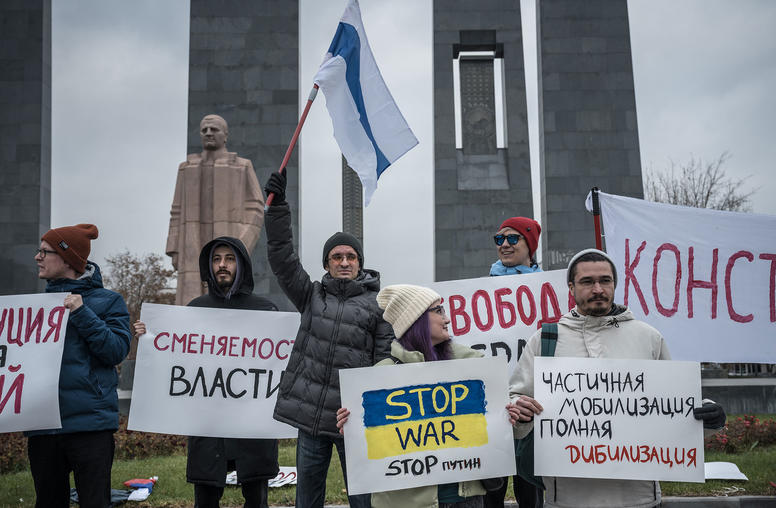
The West Should Help, Not Hinder, Russia’s Anti-war Exiles
As democracies defend Ukraine and themselves against Vladimir Putin’s project of a world governed by ruthless violence, a vital ally is Russia’s own civil society, now effectively crushed within Russia but energetic within the new exile community of antiwar Russians, most of them young and well educated.
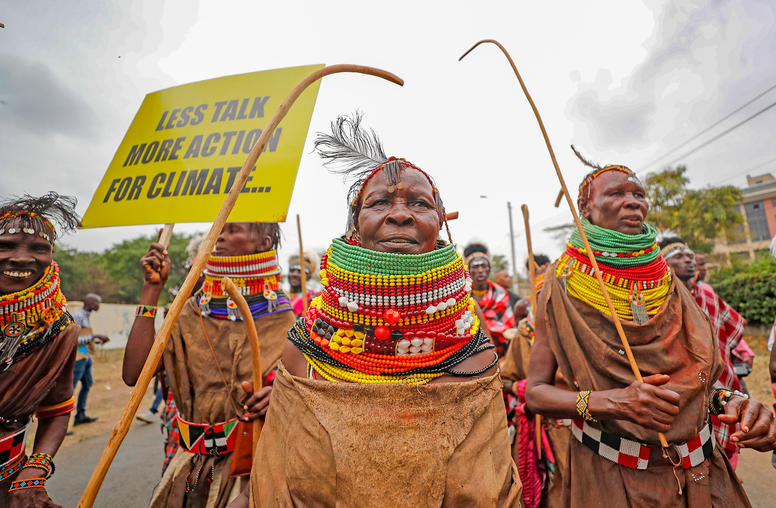
Pragmatic Peacebuilding for Climate Change Adaptation in Cities
The Intergovernmental Panel on Climate Change stated in 2020 that the effects of climate change are already a reality, especially in cities, where they have “caused impacts on human health, livelihoods and key infrastructure.” Climate stresses like heat waves, floods, air pollution, and storms have the potential to exacerbate political tension and fuel violence in urban settings. To address these dynamics, this report discusses what climate change practitioners can learn from the peacebuilding field to help cities adapt more effectively to the coming climate crisis.

Why Now? The Tortured History of Iran’s Hostage Seizures
In January 1981, I stood at the foot of the Air Algerie flight that flew 52 American diplomats to freedom after 444 days as hostages in Iran. Some of them were my friends. I still remember their gaunt appearances after being caged and cut off from the world for so long as they quietly disembarked. That original hostage crisis was a turning point in U.S. history in the 20th century — and has shaped angry American views of the Islamic republic ever since.
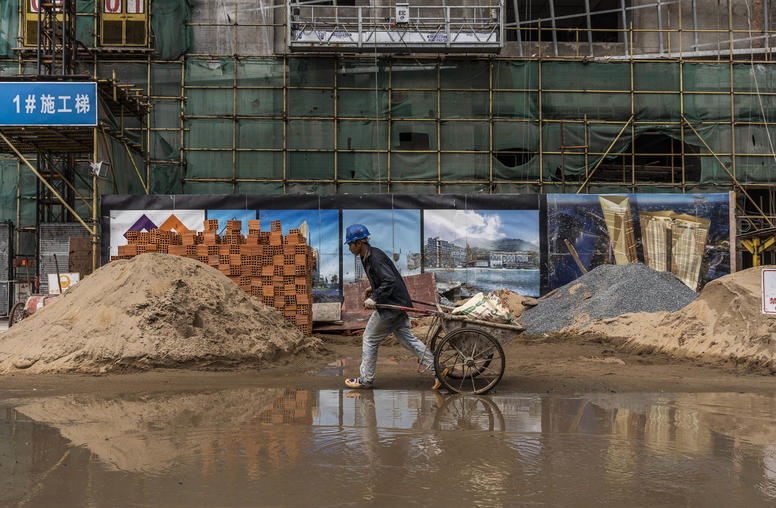
How Small States Navigate U.S.-China Rivalry: The Case of Cambodia
Amid growing distrust and an intensifying systemic rivalry, U.S.-China relations are at the lowest point in decades. In Washington, the last three U.S. administrations have sought to balance, challenge and counter China’s rises in Asia. In Beijing, revisionist leader Xi Jinping’s regime has an ambitious plan for “national rejuvenation” and views the United States as the major strategic threat to China’s ambitions. Countries like Cambodia are caught in between.